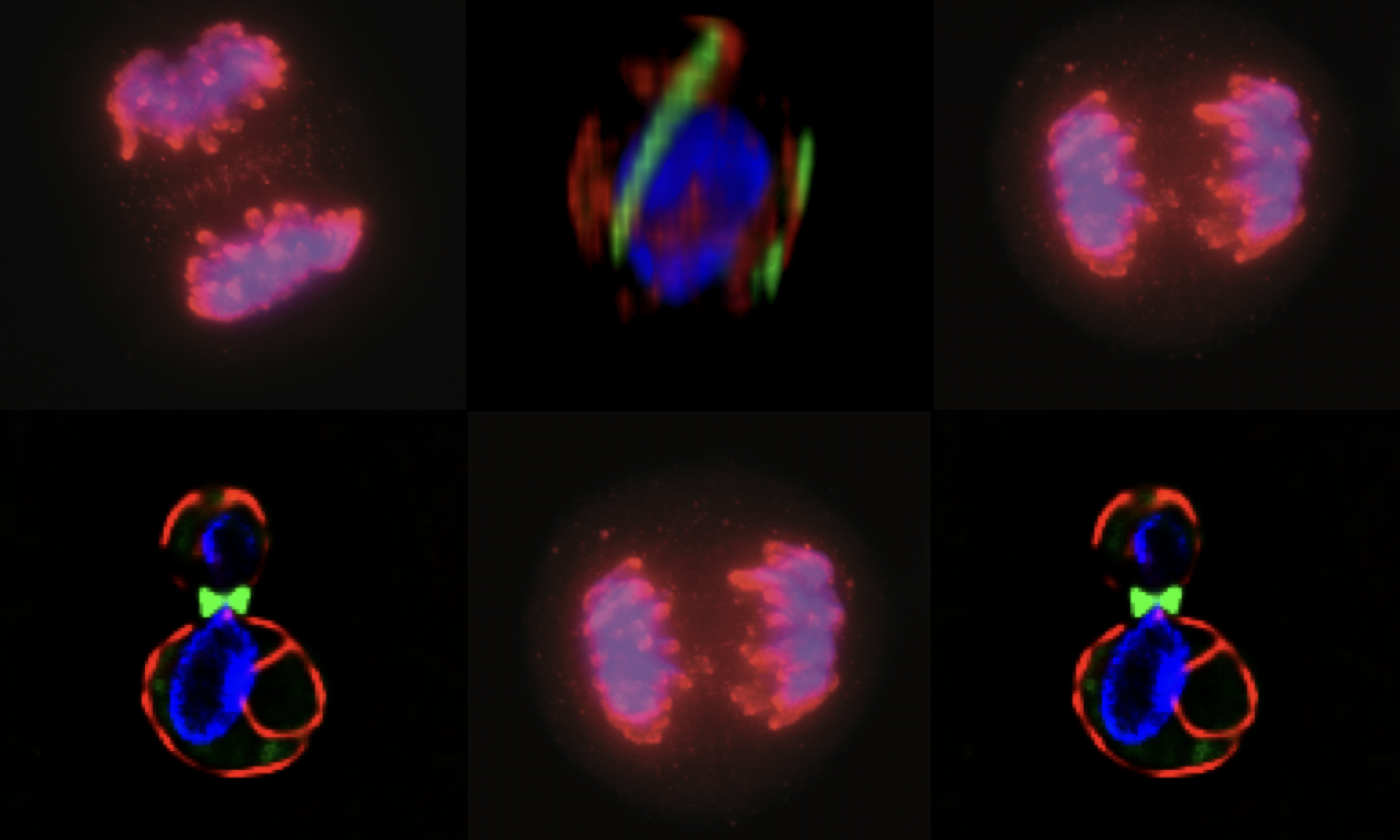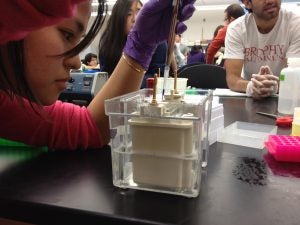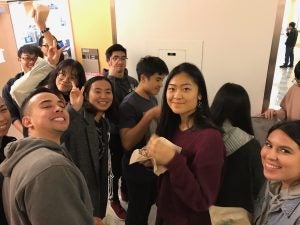The COVID19 pandemic has forced all of us to reconsider how we explore the biological world and our priorities for fully understanding how our shared biology is connected to human and planetary health. As part of my re-thinking on how to engage undergraduate students in this exploration, I am starting a seminar course. The goal of this “Focus on Research” course is to bring students at any stage in their studies together to engage in a conversation that connects their interests in biology, their course material and their professional goals to the process of developing research questions. You can think of this as a prelude to identifying the type of research you might want to explore in more depth by contacting a lab on campus.
This new approach will undoubtedly evolve over time as I learn from students on how to best connect their passion for biology to the research process. Teaching remotely in both the spring and summer I witnessed the energy and passion our students brought to the biology surrounding the pandemic (in the COVID19 Capstone Lab Course) and how our basic understanding of cellular function connects to human health (in the BIS104 Cell Biology Summer Course). It fills me with great pride and hope to watch our students make these kind of connections and develop a passion for understanding what our shared biology means to them personally. The goal of this course is to develop those connections in a more rigorous manner. The larger societal issues that were revealed by the pandemic connect us directly to the biology that we all care about: changes in ecosystems, human-pathogen interactions, chronic disease and health more generally as well as the inequities in access to “good health” in our society. This seminar course will offer students a chance to voice their concerns, connect them to our shared biology and to discover how we use data to focus our research on these important questions.
The first session will begin this fall (2020) – a little late – but I hope it will be empowering for all who join! Check out the course page (linked above) and I look forward to sharing updates with you on what research focuses the students identify this quarter.


